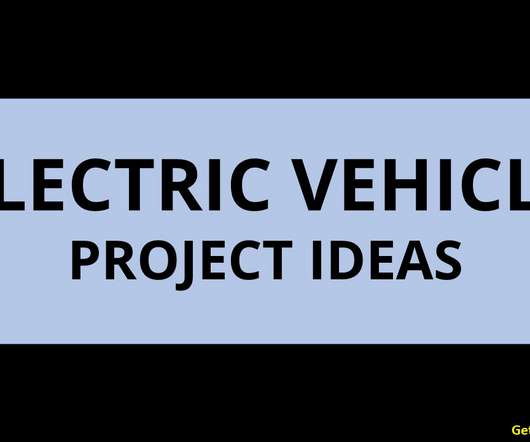CMU researchers find controlled charging of PHEVs can cut cost of integration into electricity system by 54-73%; higher benefits with wind power
Green Car Congress
JANUARY 24, 2014
In a new study published in the journal Applied Energy , Carnegie Mellon University (CMU) researchers found that controlled charging of plug-in hybrid electric vehicles (PHEVs) reduces the costs of integrating the vehicles into an electricity system by 54–73% depending on the scenario. Weis et al. Click to enlarge.



































Let's personalize your content